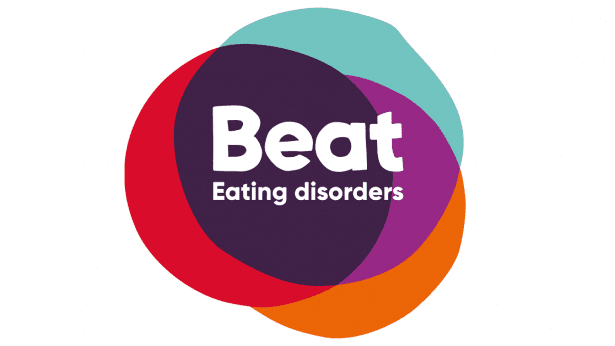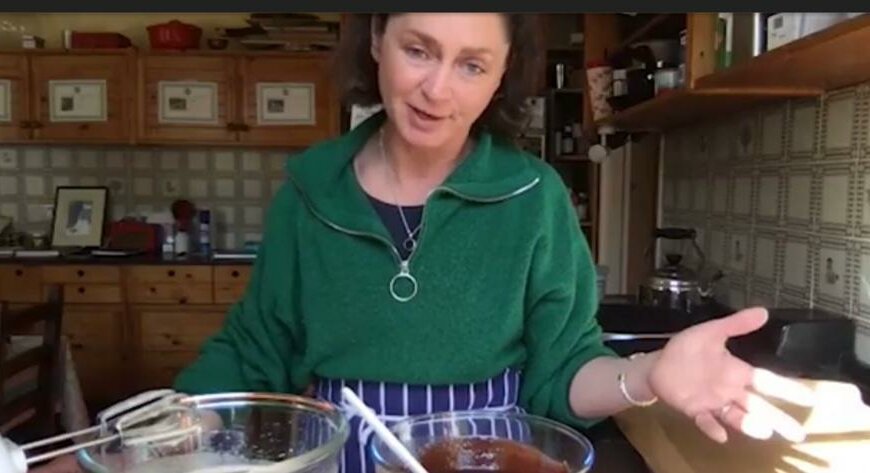Happiness: we’re told it’s just one of the things Covid is destroying – but as we enter another lockdown, one University of Sunderland expert explains why it’s just fine to feel ‘unhappy’.
So, don’t beat yourself up over feeling gloomy and let Dr Helen Driscoll, principal lecturer and team leader for Psychology at UoS, explain why we should just accept how we feel.

PSYCHOLOGY expert Dr Helen Driscoll offers us 11 good reasons to question the happiness pursuit and just be content with where we are:
- Happiness is sometimes seen as the only thing that matters when times get tough, and the only emotional state that has value. But, remember, this belief in itself may lead to unhappiness.
- Does enjoying a sad film or book mean we are unhappy people? I don’t think so. Sadness and happiness are not always opposites. Sometimes I am happy feeling cheerful, but sometimes I am happy feeling sad.
- Some research indicates that listening to sad music – as we often do when times get challenging or difficult – can provide a positive emotional experience and can be pleasurable.
- Research suggests we have a genetically influenced happiness ‘set-point’ and our happiness varies only to a limited extent around this. So, regardless of what happens to us – a lottery win or another pandemic lockdown– our happiness will at some point return close to this point.
- When people earn more money, their desired living standards rise, they desire ever more expensive things, but in the long term they may be no happier because they still want more than they can afford.

Dr Helen Driscoll, Psychology team leader at University of Sunderland, says it’s OK not to pursue happiness all the time. - Imagine a world in which we were blissfully happy all the time. Would we be driven to develop, to achieve, to seek partners, have children? If we were completely happy, why would we do those things?
- While many changes in the world have led to increased happiness – for example, availability of food, medical care, shelter etc – we struggle with other changes, like when something unprecedented occurs – like a pandemic – and we are unable to see clearly.
- During human evolutionary history, being happy signalled that we were behaving in adaptive ways – for example, acquiring an attractive partner would likely make us happy and this had fitness benefits. But will this happiness last? Acquiring an attractive partner brings its own challenges – there is always the risk of losing them.
- If something happens to us, like dealing with a dramatic change in our day-to-day lives, that results in sadness. The reflection that brings has some meaning – and can lead to a positive change in the long run.
- Life is a rich and complex emotional quilt, full of different colours and textures of different depths. It is not supposed to be flat, uniform and joyous pink and yellow.
- Would we be happier if we concerned ourselves less with happiness? If we didn’t expect it to always be with us, but knew it was always likely to return? And if we embraced the range of human emotions a little bit more?



